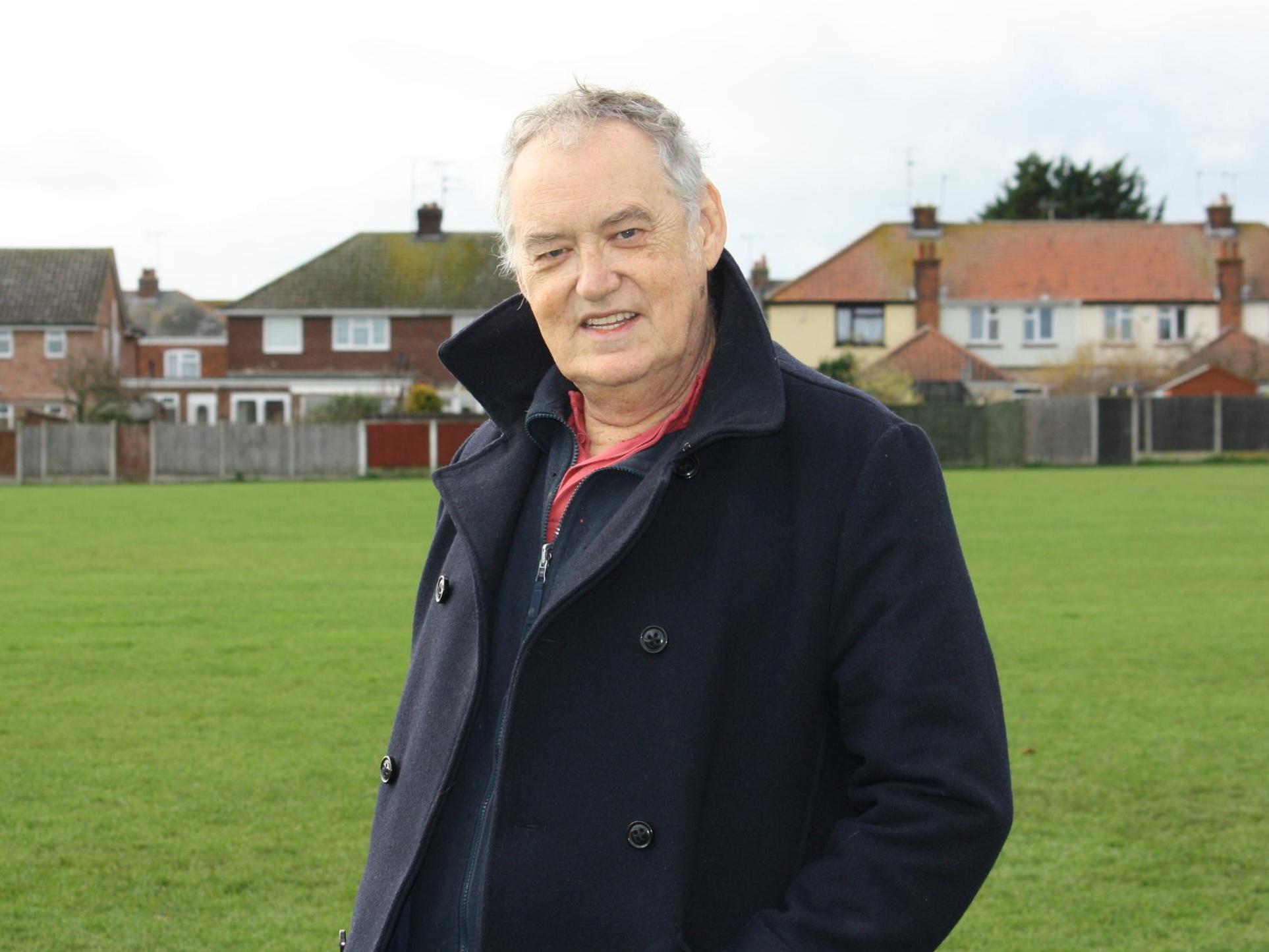Government faces legal challenge over voter ID checks at local elections
'People fought for the right to vote and it must be defended,' says Jeremy Corbyn
Government plans to introduce voter ID checks are to be challenged in court on the basis they deter people from voting.
Neil Coughlan, 64, has launched a legal case – backed by a £10,000 online fundraising campaign - to prevent the scheme being piloted at next year’s local elections.
He said he wants “to stand up against a government that is taking our democracy down a very dangerous path.”
Mr Coughlan, who does not have any form of photo ID, has received support from Labour leader Jeremy Corbyn and the Electoral Reform Society (ERS), who claim the government’s plans are “undemocratic” and a waste of taxpayer’s money.
Trials of mandatory ID checks in five areas at the local elections in May were criticised after official figures showed that 1,036 people did not have the right ID and around 340 of those did not return to the polling station to vote.
The Independent visited one polling station in Bromley during May's local election and watched as 76-year-old man who had lived in the area for 40-years was turned away because he did not have a bank card or passport.
Peter White said he was "shocked" to be turned away, adding: "This is a nonsense scheme."
As many as 3.5 million people, or 7.5 per cent of the electorate, do not have any photo ID, according to the Electoral Commission. That increases to 11 million if the ID is restricted to passports and driving licences.
The government claims that voter ID checks are a “common sense next step to securing the integrity of our elections.”

Constitution minister Chloe Smith MP said: “We want people to have confidence that our elections are safeguarded against any threat or perception of electoral fraud.”
Experts have warned that the plans make voting harder for people from disadvantaged backgrounds and risk disenfranchising a significant proportion of the electorate.
Dr Jess Garland, the ERS director of policy and research, said: “Ministers should stop wasting time and taxpayers’ money pursuing these dangerous and undemocratic plans, and focus on the real democratic problems Britain faces instead. While the government goes after British voters without access to the right ID, our electoral laws leave us open to significant interference from those with deep pockets, with analogue-age rules on political funding and a lack of transparency in online political advertising.
“The government are rearranging the deckchairs while our democracy veers towards an iceberg. This potential legal challenge should be yet another wake-up call for ministers to think again.”
Labour’s shadow minister for voting engagement, Cat Smith MP, said the legal challenge was “vital for defending our democracy against the Tories’ dangerous voter ID plans.”

She added: “I commend Neil for standing up against a Government that is determined to make it harder for people to vote. Introducing restrictive ID requirements risks making it harder for people to vote, reducing turnout and excluding some parts of the electorate, all while doing little to stop determined fraudsters.”
Next year’s trials will take place in eleven local authorities. Voters in Pendle in Lancashire, East Staffordshire and Woking in Surrey, will be asked to show photo ID before they are given their ballot papers.
In the Lancashire district of Ribble Valley, Broxtowe in Nottinghamshire, Derby, North Kesteven in Lincolnshire, and Braintree in Essex, voters will have to present either one form of photo ID or up to two forms of non-photo ID.
Mid Sussex, Watford and North West Leicestershire will test using poll cards and poll cards with scannable bar codes as a means of identification.
If the government does not agree to withdraw the pilot scheme, Mr Coughlan’s legal team, including law firm Leigh Day and barristers from Blackstone Chambers, will begin judicial review proceedings.
They will argue the government does not have the power under the Representation of the People Act 2000 to introduce pilots which restrict voting rights.
“This legal challenge is vital for defending our democracy against the Government’s dangerous Voter ID plans, which I believe will suppress voter participation, particularly in less affluent wards, where turnout is all too often, already low,” said Mr Coughlan, who lives in the district of Braintree. I am extremely concerned that the Government is trying to make it harder for people to vote.”
Mr Corbyn said: “This member of the public is standing up against a Government that is determined to make it harder for people to vote. People fought for the right to vote and it must be defended.”
Tessa Gregory, solicitor at law firm Leigh Day, said: “Any changes which could restrict or deter people from carrying out their democratic right to vote ought to be subject to proper scrutiny by parliament. Our client believes that the Minister is acting unlawfully in introducing these Voter ID pilot schemes because, by making it harder for people to vote, he is going beyond the powers given to him by parliament under the Representation of the People Act 2000.”
It would cost up to £20m to introduce the voter ID checks at a general election – even though there were only 28 cases of alleged impersonation in 2017.
The government claims that there was no adverse effect on voter turnout when photo ID checks were introduced in Northern Ireland in 2003.
Join our commenting forum
Join thought-provoking conversations, follow other Independent readers and see their replies
Comments
Bookmark popover
Removed from bookmarks